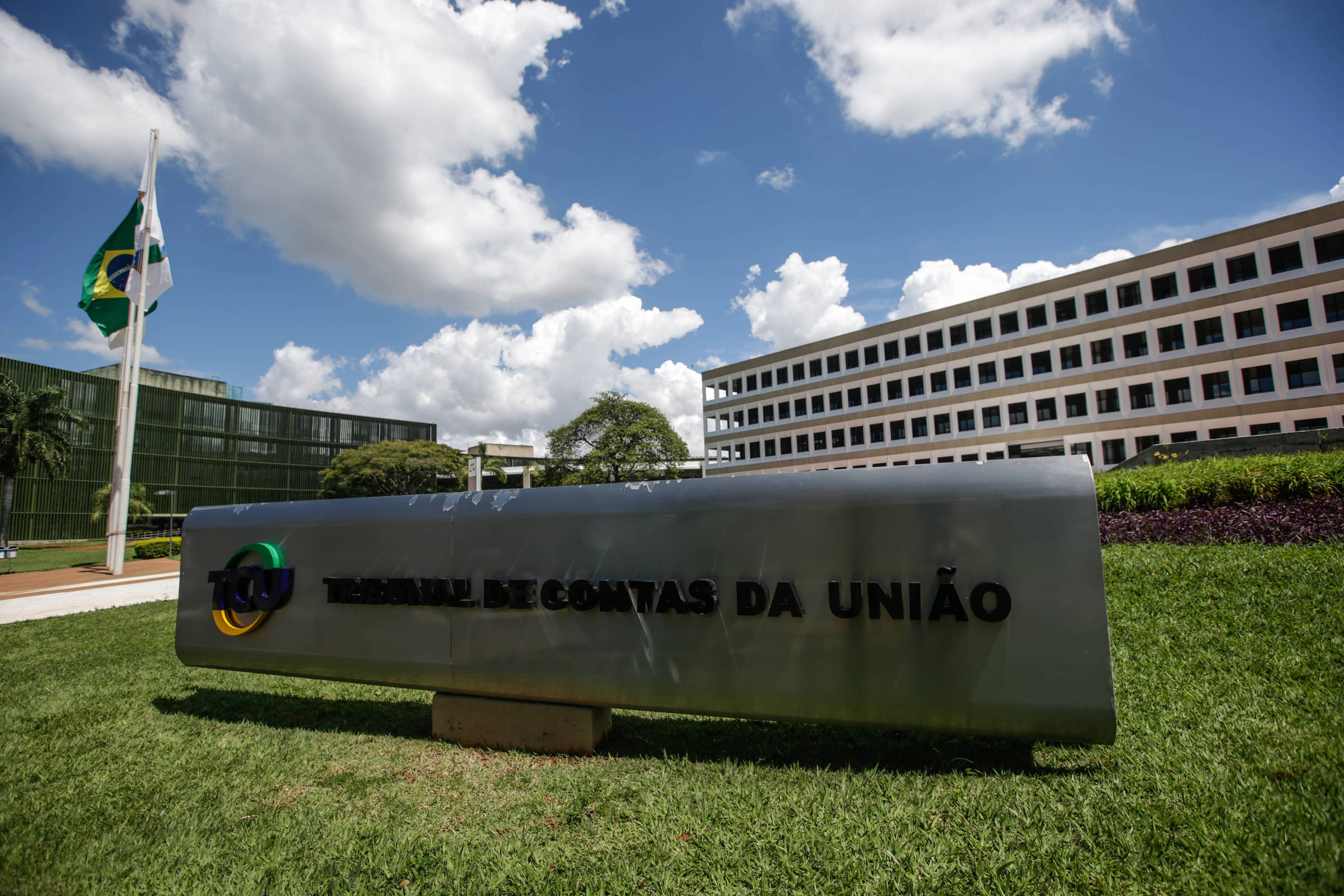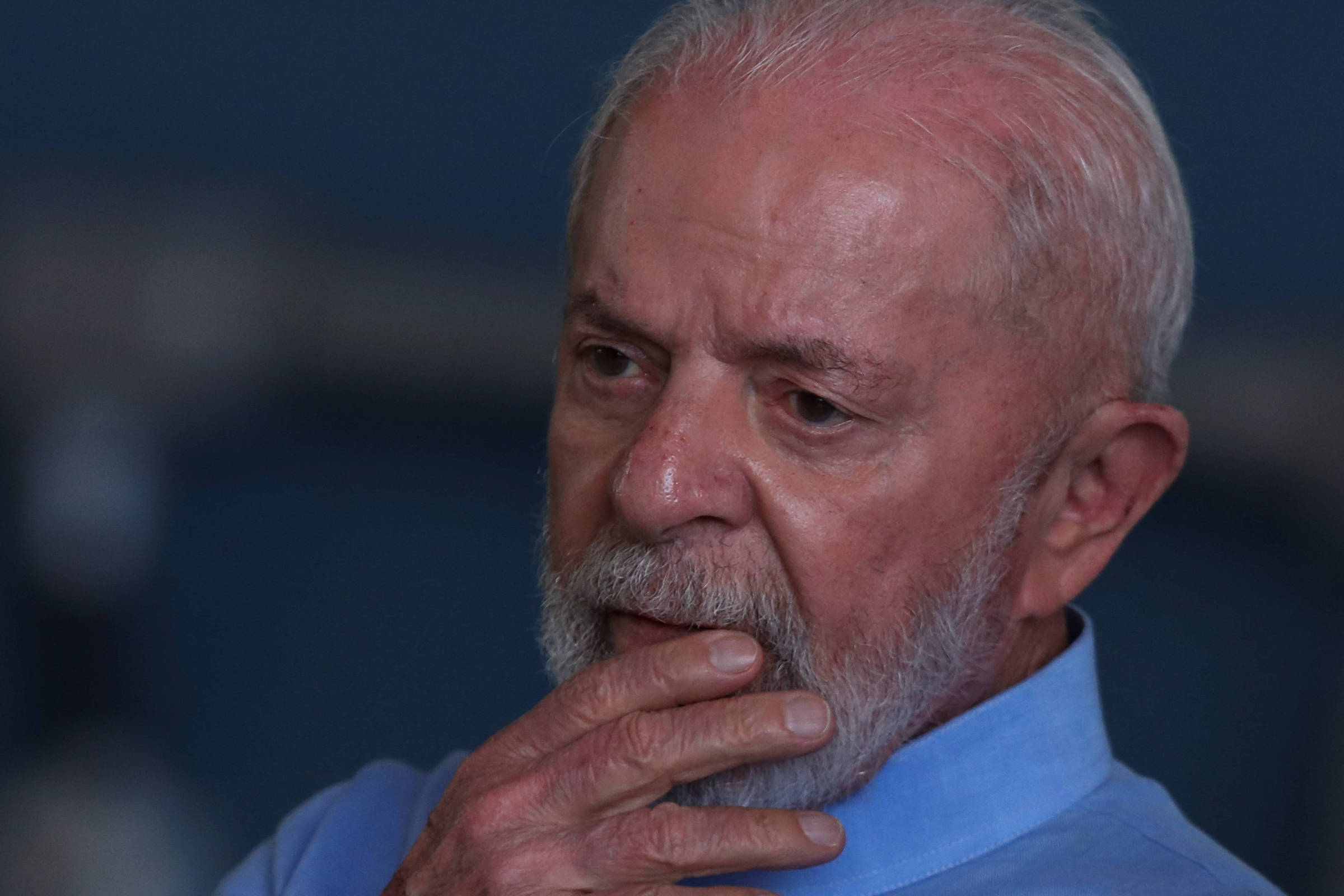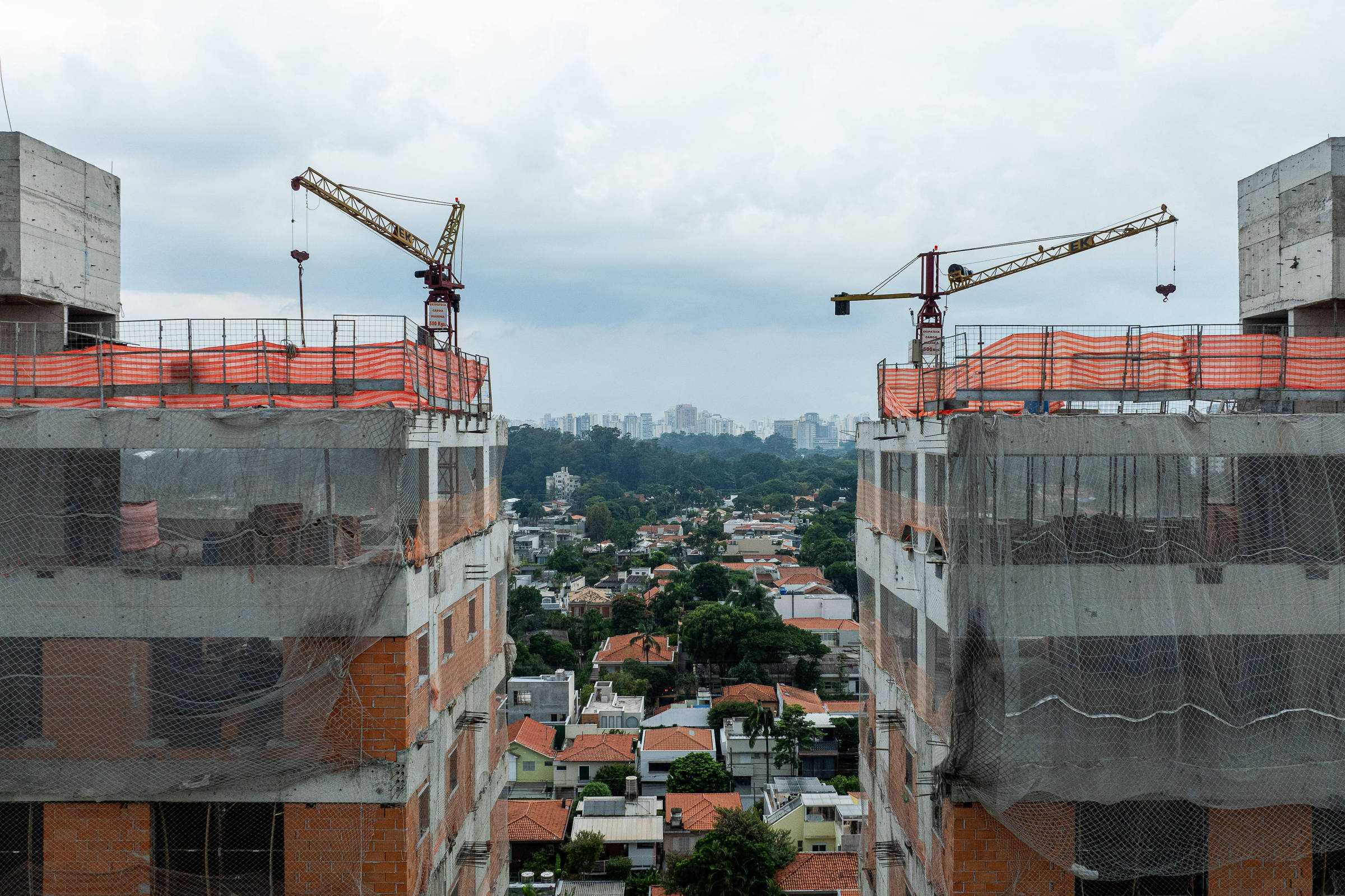Lula government spending cuts do not address the root of the problem

Under pressure from the financial market, the government of Luiz Inácio Lula da Silva (PT) once again spoke of spending-cutting measures to give credibility to the fiscal framework. Ministers Fernando Haddad (Finance) and Simone Tebet (Planning) say they are preparing a package that will be taken to the president after the second round of elections. According to her, “the time has come to take the structural spending review in Brazil seriously.”
Without detailing the measures, the economic team signals a reduction in expenses of between R$30 billion and R$50 billion. Although they see the nod as welcome, economists interviewed by the People’s Gazette assess that the measures under study do not attack the root of the problem and, therefore, will not be sufficient to guarantee the balance of public finances.
“It is no longer possible to solve Brazil’s fiscal problem from a revenue perspective alone”, summarized Tebet on Tuesday (15). In practice, the government is close to having to bear the political cost of “tightening the belt”.
The apparent turning point occurs amid the volatility of the financial market, skeptical about meeting the target of zero primary deficit both for this year and for 2025. Those who believe that the target will be reached emphasize that, if it happens, it will be thanks to the rebates of certain old and new expenses and maneuvers to increase earnings.
Despite the adjustment effort on the revenue side, via tax increases and other measures, expenses are growing above the 2.5% allowed by the fiscal rule. Even considering that part of them will be reduced from the target, the fact is that the total shortfall will be incorporated into the public debt, which has been growing since the beginning of the government and – for most analysts – has no deadline to stabilize.
Increased by the cycle of rising interest rates, the public sector’s gross debt is expected to reach 84.3% of GDP in 2026 and 90% in 2032, according to the median projections collected by Focus, from the Central Bank. On the other hand, in the market interest curve scenario, prepared by AZ Quaest, the projection increases to 89.5% in 2026 and 122.5% in 2032.
The market’s bad mood has translated into a rise in the dollar and future interest rates, which reached 13% for 2027 last week.
“Faria Lima [reduto paulistano do mercado financeiro] is rightly concerned about the dynamics of spending going forward. And it is legitimate to consider this seriously,” Haddad told Folha de S. Paulo on Monday (14). “The sum of the parts, of the budget items, could mean that the fiscal framework approved by this government is not sustainable,” he added.
Haddad was giving the password for the release of the adjustment plan, discussed with journalists by Simone Tebet after the economic team meeting, the following day.
Spending cuts under study include super salaries, salary bonuses and unemployment insurance
Among the points of the proposal leaked to the press are the limitation of super salaries for civil servants, an old topic with popular support, and changes to unemployment insurance and salary bonuses. These last two directly hit the pockets of CLT workers, an important part of Lula’s electoral base.
In the case of super salaries, the government will target salaries above the constitutional ceiling, of R$44 thousand, the amount received by ministers of the Federal Supreme Court (STF). A project on the topic has been in progress in Congress since 2016 and could be resumed. The forecast is for savings of R$3 billion to R$4 billion.
For the Public Leadership Center (CLP), the cut could reach R$5 billion annually and thus stabilize gross public debt by 2030.
Regarding spending on unemployment insurance, which according to the Budget will reach R$56.8 billion in 2025, even with unemployment close to historic lows, the changes being studied include the reduction of the FGTS fine that the worker receives upon being dismissed without just cause.
According to unofficial information, the government is considering using part of the compensation fine – 40% of the total deposited by the company in the FGTS – to pay unemployment insurance. The higher the percentage deducted, the lower the amount to be disbursed by the government to the worker in the form of unemployment insurance, reducing the total amount of the benefit and the number of installments to be paid.
The salary bonus – paid once a year to workers with a formal contract who receive up to two minimum wages – can also be reviewed. Changes to Simples Nacional and a review of defense insurance, paid to fishermen, are also on the agenda.
Tebet said that the fine-tooth comb of social programs to detect fraud was the first stage of the spending review. Now, according to her, the review will be “structural”.
Spending cuts considered by the economic team do not attack the imbalance created by Lula
Even without detailing the measures, there are already reservations about the effectiveness of the initiative. “The government’s signals are positive and the measures are welcome”, says economist Samuel Pessôa, from the Brazilian Institute of Economics (FGV Ibre). “But they are insufficient to address the solution for public accounts.”
The Minister of Planning, recalls the economist, has already anticipated that Lula vetoed changes in the policy of increasing the minimum wage, with adjustments above inflation, and its link to pensions, resumed since the first year of office.
The lack of an adjustment above inflation to the minimum wage would affect workers, and is therefore vetoed by Lula. However, it would not necessarily represent a loss, contrary to what is being considered with unemployment insurance and salary bonuses, which may have limited values and target audience.
“We have some debates that are banned by President Lula and the economic team. Valued minimum wage, that’s not up for debate. There will always be an increase in the minimum wage”, stated the minister.
The policy review would be, according to Pessôa, a crucial condition for disarming the public finances time bomb. The adjustments directly affect Social Security spending, which corresponds to more than 50% of the Union’s budget.
Approximately 60% of pensions paid by the National Social Security Institute (INSS) are linked to the minimum wage. Disbursements such as the Continuous Payment Benefit (BPC), salary bonus and unemployment insurance are also linked to the reference value.
“Without decoupling the minimum wage from Social Security benefits, the equation will not be resolved”, says the Ibre professor.
For Maílson da Nóbrega, former Minister of Finance and founder of the Tendências consultancy, the indexation of the minimum pension is “the biggest damage that Lula has brought to public finances in the coming years”.
According to him, the measure will generate additional spending of R$1.3 trillion over the next 10 years, nullifying the savings from the Social Security reform, estimated at R$800 billion over a decade. “It is not possible to get Brazil out of this trap if President Lula does not abandon these mistaken ideas”, said the former minister in a comment to CNN.
Constitutional health and education floors strangle the Budget
Another vital point for balancing the accounts, economists believe, is the de-indexation of health and education spending from federal revenue.
By ending the spending cap rule and approving the so-called Transition PEC, at the end of 2022, the Lula government resumed the mandatory minimum constitutional spending, which had been suspended by the previous government.
According to the Constitution, education must receive 18% of net tax revenue (RLI) and health, 15% of net current revenue (RCL).
From the beginning, the resumption of demands displeased Minister Haddad, who tried to circumvent the rule, without success. In June of this year, Simone Tebet also considered leaving and was publicly criticized by PT president, Gleisi Hoffmann.
“With constitutional minimums, mandatory expenses will continue to strangle discretionary expenses, penalizing investments and fueling public debt”, says Pessôa.
Maílson da Nobrega is more emphatic. “He [Lula] There’s a strange definition of public accounting that doesn’t exist anywhere else in the world, that spending on education isn’t an expense, it’s an investment. That salary isn’t spent, it’s investment,” he says. “That’s stupid, with all due respect. Because what matters is what you take out of your pocket and not the type of spending you do with that money.”
Lula is between a rock and a hard place, says economist
The adjustment proposals will be presented to President Lula after the second round of elections. Haddad made it clear that he wants to change expenses even before the Income Tax reform.
The exemption from income tax for workers who earn up to R$5,000, an old government promise, has consumed the efforts of the economic team in the search for a form of compensation.
The president, according to analysts, has prioritized the measure after the message from the polls in the first round, which was unfavorable to the PT and the left.
Therefore, there is also no guarantee that Lula will agree to adjustment measures that do not have popular appeal.
Haddad has reported on conversations with the president on the topic and knows that he has the arduous and uncertain task of convincing him.
Asked about the difficulty of implementing restrictive measures and the short term for this, since no one expects a strong adjustment in the 2026 election year, Haddad responded to Sheet with a laconic “yes”.
For Alexandre Manoel, chief economist at AZ Quaest, the economic team’s delay in presenting effective measures to contain the increase in mandatory expenses and recover fiscal credibility could harm the president’s electoral expectations.
According to him, the fiscal imbalance scenario will only increase the “price” charged by economic agents to roll over the debt.
“This is already reflected in a large risk premium embedded in the long part of the interest curve, which could harm growth if the current situation lasts for another six or twelve months”, he says.
Regaining fiscal credibility, he highlights, is an essential condition for bringing the debt into stability and creating space for the BC to begin a cycle of falling interest rates.
Otherwise, the explosive debt trajectory will have a significant impact on the exchange rate and increase the likelihood of economic deterioration or crisis in 2026.
“Lula finds himself between a rock – the implementation of reforms in mandatory expenses after the municipal elections – and a rock – the lack of implementation of these reforms, which will lead to a worsening in asset prices and, consequently, the construction of a crisis that will reduce his chances of re-election even greater”, assesses Manoel.
For Pessôa, there is still fiscal space to “push” the adjustment until after the presidential elections. “The deadline for the adjustment is 2027, whoever the president is elected.”










